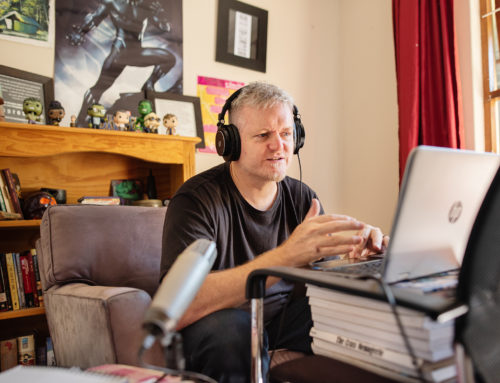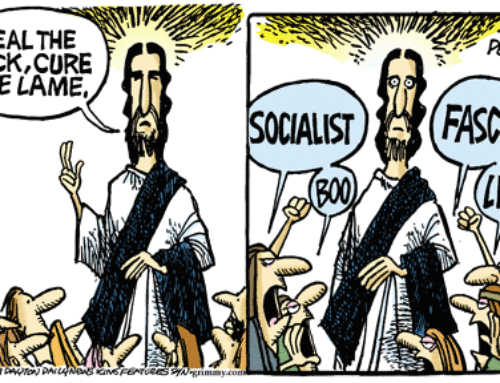…continuing with an extract from the ‘Why I am Mystical/Poetic’ from Brian Mclaren’s ‘A Generous Orthodoxy’
‘This mystical/poetic approach takes special pains to remember that the Bible itself contains precious little expository prose. Rather it is story laced with parable, poem, interwoven with vision, dream and opera (isn’t this the best contemporary genre to compare to the book of Job?), personal letter and public song, all thrown together with an undomesticated and unedited artistic passion. Even Paul, who, at the hands of lawyers like Luther and Calvin comes out looking (we shouldn’t be surprised) like a lawyer – and who at the hands of prose scholars comes out sounding like a prose scholar – needs to be reappraised in this regard. Have you noticed how he resorts to poetry in Romans 11, Philippians 2, and Colossians 1?
Yes, this element can be pushed too far, straining both generosity (by asking us to condone every vision or dream proclaimed by an array of kooks, nuts, charlatans) and orthodoxy (by asking us to ignore doctrinal nonsense promoted in the name of mystical experience). Kyriacos Markides describes the needed balance well:
Christianity, a Catholic bishop in Maine once told me, has two lungs. One is Western, meaning rational and philosophical, and the other Eastern, meaning mystical and otherworldly. Both, he claimed, are needed for proper breathing… Both the mystical and the rational approaches to God were part of the early church. They were only set asunder by subsequent historical developments.
Perhaps this balanced approach means that serious theologians in the years ahead will more often, along with their scholarly work, write poetry, or make films, or compose music, or write plays and novels – not as their avocation, but right along with their primary theological vocation. Can we celebrate this kind of artistic play as the serious work of generously orthodox Christians?
I used to be embarrassed that I work as a pastor and write books on theological topics, yet have no formal training in theology, having snuck into ministry through the back door of the English department. Even though I’ve been on a seminary’s board of directors, even though I am adjunct faculty at several seminaries, and even though I have spoken to many seminary presidents and faculty and I have deep respect for the work of seminaries – and, in fact, have received an honorary doctorate from a respected seminary – I myself have never taken a single for-credit seminary class.
Even though I am unapologetically pro-education, believing that our need is not for less education for Christian leaders, but rather for better, deeper, broader education, I’m not so embarrassed by my lack of “proper credentials” anymore. In fact, I can see God’s guidance in it. My graduate training was in literature and language, which sensitized me to drama and conflict, to syntax and semantics and semiotics, to text and context, to prose and poetry. It gave me a taste, a sense, a feel for the game and science and art and romance of language. It helped me to see how carefully chosen and clear, daring words can point to mysteries and wonders beyond words. It prepared me to see how a generous orthodoxy must be mystical and poetic.
There’s mystery and poetry in everything, really, if we have eyes to see, ears to hear: in botany, in biology, in history, in architecture, in medicine, in mathematics, even in astronomy – as Carl Sagan’s movie Contact made so clear. In fact, as we learn a generous orthodoxy, we become more and more prepared to see the mystery and poetry everywhere, to hear it, to feel it, and to sing.’






I love he poetry of this: “It admits it walks with a limp.” (Referring, of course, to the metaphors of our generous orthodoxy). None of our metaphors are perfect, nor can they be, and their imperfection is just another way to keep us humble before God. Thanks for sharing Brian’s insights, Brett!